***
“I don’t have education; I have inspiration; if I was educated I would be a damn fool.”
– Bob Nesta Marley
Bob Nesta Marley dropped out of school at age 14, meaning he wasn’t a recipient of the full dose of what is generally considered a complete or comprehensive ‘education’; a classroom education. Yet despite this fact, Marley went on to capture the world’s imagination with his timeless music.
In modern times, education is understood to be that which is procured through the formal, institutional, school and classroom set up. And yet Bob Marley and myriad others who went on to conquer the world in different spheres only managed to receive a trickle of this type of education. How did they do it without an ‘education’, and why did Bob think he would turn out a “a damn fool” had he completed his prescription?
What’s Bob Got To Do With It?
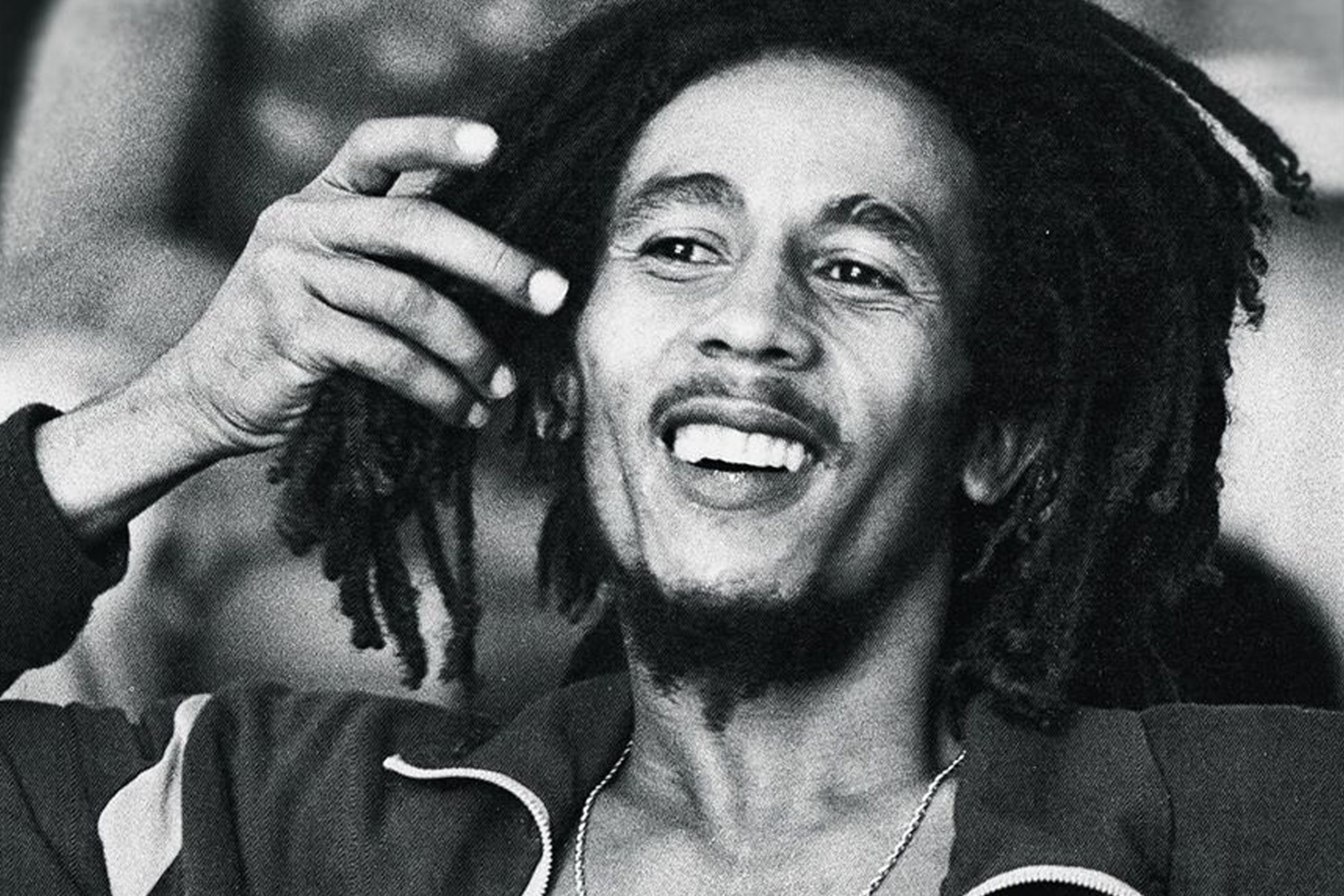
This Bob Marley anecdote was awakened in my mind because of the recently exhumed public debate about the required education qualifications for a Mweshimiwa (legislator) in Kenya. As will be elaborated below, through the Constitution of Kenya, 2010 (CoK 2010), Kenyans demanded that their legislators, both at national and county levels, should bear some semblance of Plato’s “philosopher kings and queens”, by possessing certain “educational requirements”.
However, and prudently so, Kenyans did not define what education is or outline the qualifications in the Constitution. This was to be done through parliamentary legislation, such as the Elections Act (EA) which was enacted in 2011. In line with the constitutional demand, Section 22 of that law requires those vying for elective posts to hold university degrees. Whereas this provision immediately kicked into operation for presidential and gubernatorial positions, a grace period was provided for in legislative positions.
For these positions, the provision was to go live after the 2017 general elections. As sure as the morning comes after the night, the 2022 general elections are nigh, with a little over a year away, reason why the Independent Elections and Boundaries Commission (IEBC) has blown the bugle, notifying Kenyans that as per the law, it is only nominees with university degrees that shall be cleared as candidates for the 2022 elections.
This ‘polite reminder’ is the trigger of the current kerfuffle. Those who welcome it do so with the belief that legislators should have university degrees in order to function effectively, while others appreciate the fact that ample time was provided for compliance.
On the other side, there are those who are opposed because they believe that the provision systematically and unconstitutionally bars many Kenyans from the enjoyment of their constitutionally guaranteed political rights. After all, university education is not free and does not come cheap and is set to become more expensive.
To these Kenyans, the lyrics of another reggae hit by Richie Spice, pensively resonate – “If education is the key to life, why is it very expensive?” At a side bar, there is also the philosophical question of what education is. What entails an education? – a profound consideration, that the CoK 2010 chose not to constrict because of, as will be seen, the dynamic nature of the issue. After all, even for Plato’s “philosopher kings and queens”, wasn’t wisdom and not knowledge the nectar?
Education By Any Other Name
The Waswahili have a saying – elimu dunia, si vitabu. This coarsely translates to – education is the world, not books. The proverb is meant to remind us that education goes beyond books or, “the four walls of a classroom” as my mother would say. The aphorism counsels us that the world beyond books is where real schooling is; that education is the appreciation of the lessons picked from each experience we go through in life – experiential, all encompassing, cumulative, and global, with each life situation being a learning opportunity. Such that limiting education to knowledge imbibed from books or classrooms alone is limiting. Real education is material, not textual.
The proverb urges us to personally experience different phenomena in life – perhaps the reason why the oft-described as pessimistic 19th century German philosopher, Arthur Schopenhauer, cautioned us not to limit our procuration of ‘masomo’ to books. He said, “When we read, another person thinks for us: we merely repeat his mental process.” Schopenhauer is saying – read then act, advocating for a post-literal agency – action beyond reading.
Like the Christian faith which expires when not actioned, book education is void without experiences. The Waswahili, Schopenhauer and Pink Floyd, the famous British rock band which musically equated school education to “thought control,” (the bullet that Bob happily dodged?) remind us that proper learning or education comes from first hand ‘DIY’ (Do It Yourself) experiences of the world and life. In other words, education is broader than books, classrooms, teachers, and schools.
Beyond The Classroom
In, An Introductory History of Education, Professors D.N Sifuna and J.E. Otiende tell us that education is
“the entire process of developing human abilities, potentialities and behaviour. Education is an organised and sustained instruction meant to transmit a variety of knowledge, skills, understanding and attitudes necessary for the daily activities of life.”
This marries with the earlier couched position that education is awesomely profound and inasmuch as it is “organised and sustained” here again, the two scholars remind us that it is wider scoped than the institutional, classroom one we are accustomed to. Wikipedia avails that education is “the process of facilitating learning, or the acquisition of knowledge, skills, values, morals, beliefs, and habits.” This tallies with the view advanced by Encyclopaedia Britannica that “Education can be thought of as the transmission of the values and accumulated knowledge of a society”.
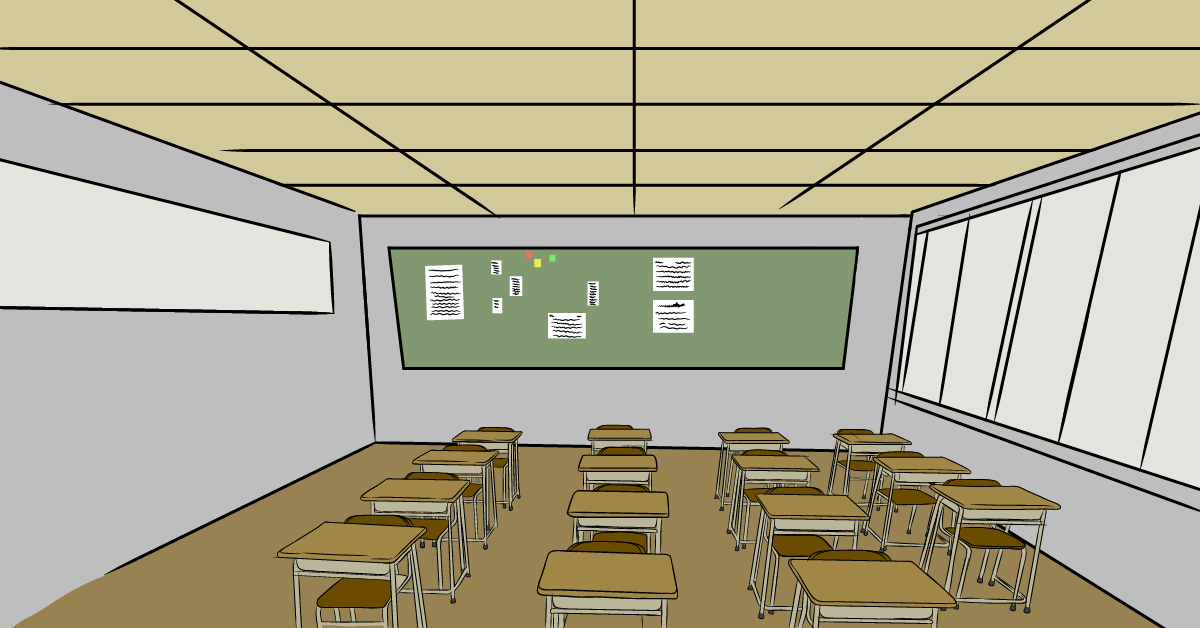
The publication historicises the development of education by tagging the broader non-institutional and non-formal education (the Waswahili-Pink Floyd type) to “primitive cultures” where “the entire environment and all activities are frequently viewed as school and classes, and many or all adults act as teachers.” The encyclopaedia explains that formal education emerged with the growth and continued evolution of complex societies in which “the quantity of knowledge to be passed on from one generation to the next becomes more than any one person can know. This led to the refinement of knowledge transfer and transmission pedagogy hence the emergence of “the school and the specialist called teacher”. In many African and Kenyan communities, education was a lifelong social and cultural experience, with knowledge and skills unveiled via age and gender based dynamics.
The Case Of The Half-Baked Graduate
These iterations advance the idea that inasmuch as modern society has come to synonymise the term education with formal schooling, education is wider and deeper. It transcends the boxed, orthogonal walls of a classroom and curves every life experience into a learning opportunity. Hence the common paradox of a schooled or learned (the lawyers’ type especially) person, who is not educated and vice versa.
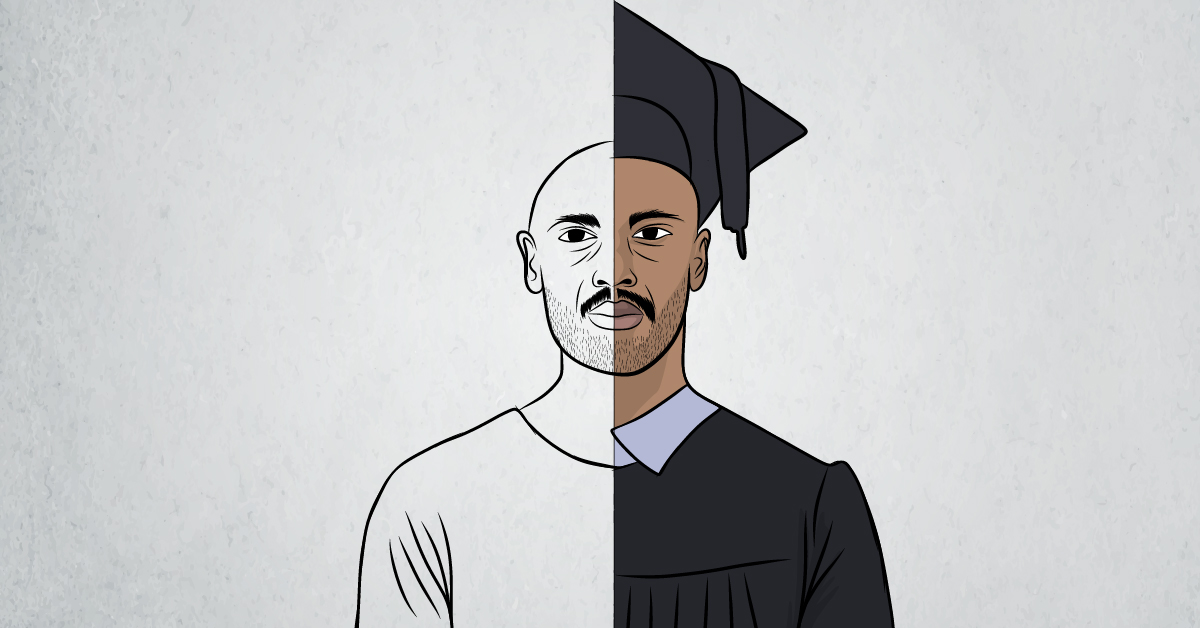
In recent times, it has become common to hear lamentations that institutionalised formal education exposes learners to narrow, job market oriented, trivia laden knowledge and skills only, hence churning out ‘half-baked’, uncultured, morally and ethically deprived human beings, basically, what Bob Marley feared becoming – “an educated fool”; one well versed in Schopenhauer’s ‘plug and play’ book knowledge, but clumsy in critical, practical, social, and other tact of life.
It is therefore valid to argue that the emergence of specialised institutions and personnel was more of an evolution of the methods and processes of education and not education itself. In other words, Schools and teachers are instruments and facilitators of the transmission of knowledge and skills and not the knowledge and skills per se.
Of Lacunas And Assumptions
So why the rigmarole above, if this write up is about the educational qualifications of Waheshimiwa in Kenya? Foundationally the ‘beating about the bush’ was important to show that whereas the Constitution is deliberately ambiguous about what education is, Parliament confines it to the formal, systemic, and institutional form.
This is an important point to make in the context of the subject matter – “educational requirements” for legislators. Interestingly, the attendant Education Act (EdAct), the Basic Education Act, 2013 (BSA) the Children Act, 2001, and the Interpretation and General Provisions Act, do not categorically underpin what education is. A reading of this framework exposes constructive assumption that education is ‘going to school’.
The Right To Education
Article 43 of the CoK 2010 secures the right “to education” for every person. Article 53 commands that “Every child has a right – to free and compulsory basic education…” which the BSA projects as “educational programmes offered and imparted to a person in an institution (emphasis mine) of basic education and includes Adult basic education and education offered in pre-primary educational programmes and centres…”.
It goes further to distinguish between formal and non-formal education, with the former being “regular education provided in the system of schools, and other formal (emphasis mine) educational institutions” while the latter is “any organised educational activity taking place outside the framework of the formal education system and targets specific groups/categories of persons with life skills, values and attitudes for personal and community development…”.
Formal education is institution (school)-based, while non-formal (the ‘primitive’, Waswahili-Pink Floyd type?) is extra-institutional and imparts more of psycho-social and cultural knowledge and skills as against the formal one which proffers technical skills.
Education By Force, By Fire
All in all, it is evident that inasmuch as the Kenyan legal framework does not explicitly spell out what education is (considering the apparent flexibility), and albeit the appreciation that education goes beyond the classroom (nom–formal, Elimu Dunia), it philosophically tips towards, signals and emphasises the systemic, institutional type.
In other words, in Kenya, education means going to school – a must for every child.
The compulsive nature – that every child must attend an institution of learning (for it to be said that s/he is receiving education), was buttressed by recent pronouncements by President Uhuru Kenyatta and Prof George Magoha, Cabinet Secretary in charge of Education, that punitive sanctions shall be taken against parents who do not send their children to school, after the re-opening of schools during the current COVID 19 pandemic. National government administration officers have been charged with the duty of ensuring that learners, parents and communities comply.
The Law On The Degree Requirement
Having established the texture and tone of what ‘education’ is in Kenya, let us turn to the contested (important to note that at the time of writing, an amendment bill prepared and the County Assemblies Forum (CAF) had indicated interest in petitioning for expulsion of the section) and hitherto suspended section 22 of the Elections Act (EA). Quoting verbatim, it reads –
(1) “A person may be nominated as a candidate for an election under this Act only if that person –
(a) Is qualified to be elected to that office under the Constitution and this Act, and
(b) Holds –
(i) in the case of a Member of Parliament, a degree from a university recognised in Kenya; or
(ii) in the case of member of a county assembly (sic), a degree from a university recognised in Kenya.
(1A) Notwithstanding subsection (1), this section shall come into force and shall apply to qualifications for candidates in the general elections to be held after the 2017 general elections (emphasis mine).
As earlier stated, this section activates the provisions of the Constitution of Kenya (CoK) 2010 that demand through respective articles that a candidate for elective offices (president, deputy president, governor, senator, women representatives, member of the national assembly, member of county assemblies) qualifies when s/he “satisfies any educational, moral, and ethical requirements prescribed this Constitution or by an Act of Parliament…”.
Unlike for ethical requirements where the CoK 2010 outlines certain requirements through Chapter Six on Leadership and Integrity (fleshed out through the Leadership and Integrity Act, 2012 and the Ethics and Anti-Corruption Commission Act, 2011) and other provisions, it does not attenuate demands in the case of educational requirements. This determination is left to Parliament, hence Section 22 of the Elections Act.
Inasmuch as the activation of 1 (b) of the Section is logically imminent, its purported legalistic fatalism must be examined against the mischief it was meant to repair.
The pertinent question is; has it been addressed?
The Two Postponements And Counting
The requirement for a degree was postponed during the 2013 and 2017 general elections because of two main reasons. Like most Kenyans, many of the then prospective candidates for political office did not have university degrees. Therefore, a grace period was provided so as to allow more Kenyans, especially those who anticipated vying, time to acquire degrees.
However, and as will be shown below, whereas the interregnum has allowed more Kenyans, and for that matter Waheshimiwas to acquire degrees, the window has not been gracious to the majority due to cost and other socio-cultural factors. This is important when examined within the scope of how and who accesses education in Kenya.
Inasmuch as primary education is free, access remains a challenge for many parents who have to pay for incidentals such as uniform, extra text books, activity fees and sanitary provisions for female learners. This gets worse with secondary and tertiary education where the cost is prohibitive for many. Additionally, the ability to get an admission to a (public) university greatly depends on the primary and secondary schools a learner attends.
This explains why despite the grace period, the number of Kenyans holding a university degree still remains marginal. According to Statista, “The most recent census conducted in Kenya revealed that 3.5 per cent of the country’s population had a university degree as the highest educational level completed in 2019.” This is mainly due to the unaffordable and rising cost of university education.
The High Cost Of Higher Education
To make matters worse, as of December 2020, the government was mulling over the idea of tripling university fees from Ksh 16,000 (c. 150 USD) (set in 1989) to 48,000 (c. 444 USD). Announcing this before the National Assembly Committee on Education on 2 December 2020, Professor Geoffrey Muluvi, the Public Universities Vice-Chancellors Committee Chair, regretted what he perceived as a current untenable fee when he declared that “the current average cost per student (stood) at Ksh 254, 644 (c. 2,358 USD), hence the need to raise fees.”
Six months later the plan seems to be well on track.
During the annual budget speech day, Ukur Yatani, the Treasury Cabinet Secretary lamented about the government’s current low capitation at Ksh 120,000 (c. 1,111 USD) causing universities to “have not only experienced financial constraints but have also been unable to continuously honour their statutory obligations,”.
Ultimately, the cost of university education shall rise beyond what is already inaccessible to many. In the long run, this means that only those able to afford university education shall qualify to join the exclusive club of ‘waheshimiwa watarajiwa’ (prospective candidates).
This state of affairs ab initio disenfranchises and unfairly locks out many Kenyans from the enjoyment of their political rights (Article 38).
What Is The Job Of A Mheshimiwa?
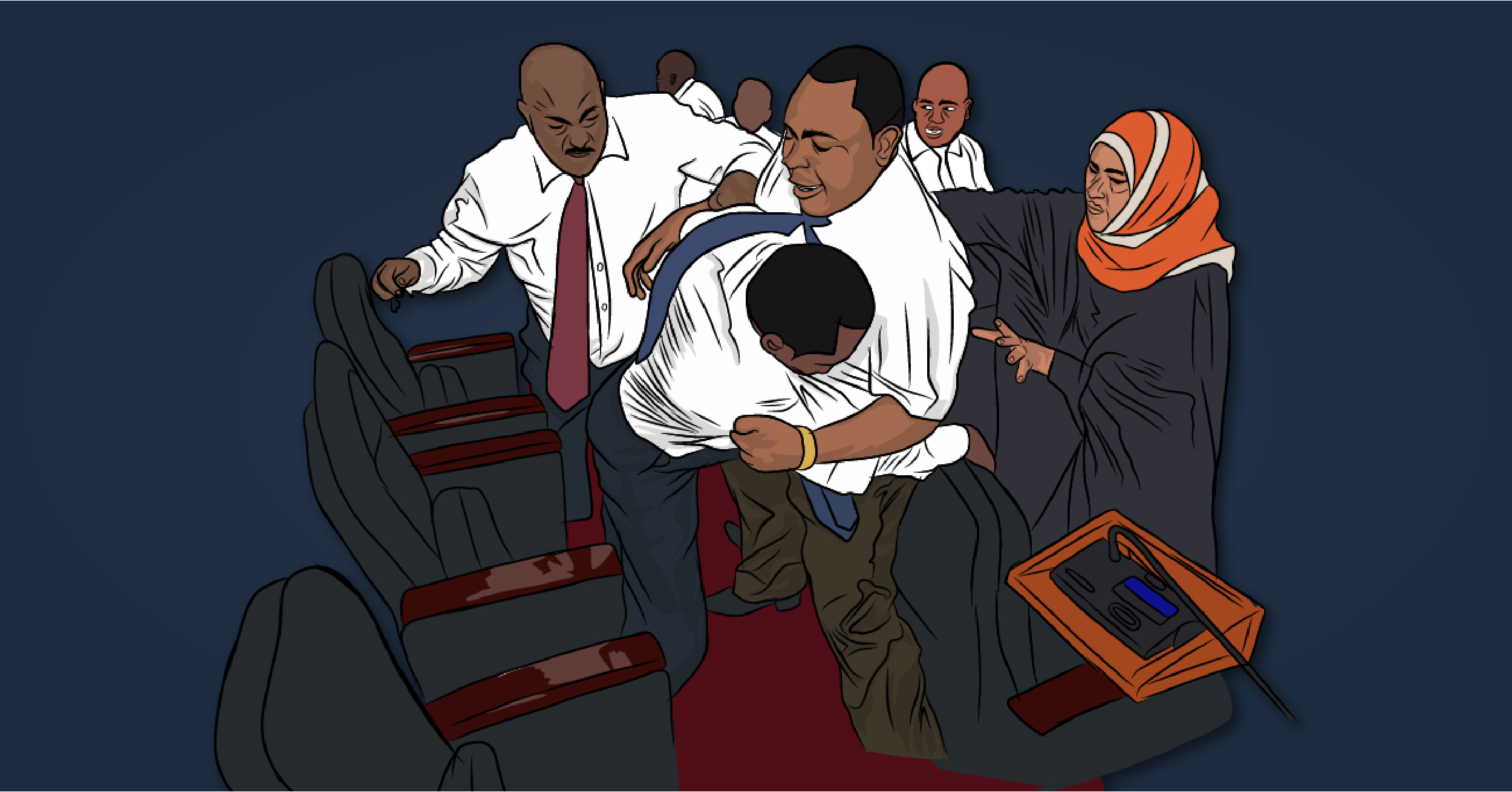
The question then nags, so what is this that waheshimiwas do that justifies such grand potential exclusion? The answer can be arrived at by examining the functions of MPs and MCAs as mandated in the CoK 2010 and aligning legislation like the County Governments Act (CGA) 2012.
The CoK 2010 places upon Parliament (National Assembly (NA) and Senate combined), legislative authority at the national level. To this extent, MPs are the only ones mandated to “make provision that has the force of law in Kenya.”
In extension of this mandate, MPs protect the CoK and ensure that “democratic governance” prevails in Kenya. Above all MPs “manifest the diversity of the nation (emphasis mine and important in regard to the number of Kenyans with degrees), represent the will of the people, and exercise their sovereignty.”
On the other hand, MPs in the National Assembly (NA) represent their constituents and special interests (like persons with disabilities (PWDs), and women). Additionally, they pass national legislation, discuss and solve “issues of concern to the people.” Importantly, MPs in the NA “appropriate for expenditure by the national government and other national state organs;” and ensure that the national government spends public money properly. MPs also oversee the presidency, state officers and state organs. They also determine whether Kenya can go to war and can extend states of emergency.
On their part, Senators represent and protect the interests of counties and their governments. Additionally, they legislate laws concerning counties, determine and oversee inter county allocation and expenditure of national revenue among counties. They also oversee county governments and determine whether a President should be removed from office through impeachment.
MCAs more or less carry out similar functions at the county level.
The Complexities Of Legislative Work
Admittedly, and as can be seen above, the work of a legislator is very complex. Gone are the days when the local issues affecting a people were proximate and solutions could be resourced locally. With the emergence of the phenomenon of the global village, global issues such as climate change and digital technology have become local problems and vice versa. All these require a good grasp and understanding of issues in order to engage and find effective solutions.
Added to the complexity of issues, is the technical challenge presented by the textual nature of legislative work – multiple and complex volumes of reports, plans, and budgets that Kenyan legislators at both national and county (mashinani) levels must scheme through in order to effectively represent their people.
Therefore, the current remit of a legislator somewhat validates the argument that legislative work is cut out for those who have ‘gone to campus’. Such people are considered ‘exposed’ and technically equipped, ready to plug in and play in these emerging complex ecosystems.
A similar observation was made by the Ethiopian guru of higher education learning, Prof Damtew Teferra who during the 16th International Conference on Private Higher Education in Africa held in Addis Ababa, Ethiopia in 2018 – and when advancing the argument that Ethiopian legislators should be holders of university degrees – observed that “The increasingly intricate and complex globalised social, political, and economic realities of the 21st century highlight the compelling need for competent and skilled legislators who can effectively navigate…”. This shows that like Kenya, other countries are also mulling over the issue of academic competence for legislators.
Who Else Is Obsessing About Degrees?

A peep at the constitutions and laws of other countries reveals that Kenya is a lone ranger in its demand that its legislators must have university degrees. Uganda requires that MPs must have an Advanced Level (A-Level) qualification, while for Tanzania, literacy in English and Kiswahili suffices.
Nigeria demands that a person must have “been educated up to at least School Certificate level or its equivalent…”. Ghana, Australia, South Africa, the United Kingdom (UK), the United States of America and India are silent about the educational qualifications of candidates for their legislatures.
Rwanda adopts similar indifference save for its Senate, where membership is “designated among nationals with high qualifications in scientific, legal, economics, political, social, and cultural fields, or among those who have had high positions in the public or private sectors.”
However, it is fair to note that in many of these countries where university education is not required, many legislators tend to be university graduates. This is the case in Ghana, South Africa (where despite non-requirement, the subject of the qualification of the MPs who hold parliamentary leadership positions like whips has been debated), the UK, the USA and India. It therefore indicates that instead of using discriminative legislative fiat, political dynamics and processes should organically determine the calibre of leaders’ people want.
In other words, let the people decide!
How Learned Are Kenya’s Waheshimiwas?
And yet Kenya bears a similar outcome of a high number of MPs with degrees just like Ghana, South Africa, the UK, the US and India much as these countries do not have degrees as necessities for legislators.
According to a TV news bulletin report dubbed Power to Read that was aired on KTN News on 26 April 2021, a majority of Kenyan MPs are graduates. As per the report, all MPs have a secondary school (KSCE) qualification, 140 have diplomas, 270 have a bachelor’s degree, with two having two undergraduate degrees while 134 have masters’ degrees. 34 MPs have PhDs.
Amongst MCAs, 30% have at least an undergraduate qualification, 40% have diplomas, 20% have a KCSE qualification, while 10% dropped out or do not have academic qualifications. That is why, as pointed out above, the County Assemblies Forum (CAF) wants to petition courts so as to have Section 22 of the CoK 2010 declared constitutionally untenable due to its potentially discriminative implications to its membership – incumbent and prospective MCAs and Kenyans in general.
The Real-Life Limitations Of A University Degree
Be that as it may, does it mean that it is only persons who have been to universities who can wrap their minds around global and complex issues and effectively represent their constituents? Does university education necessarily equip one with pertinent ethical skills?
If what has been going on in Kenya’s political theatre, with growing systemic corruption both at county and national levels is anything to go by, then as the televangelist T.D. Jakes puts it “having as many degrees as those of a thermometer” does not seem to cure ‘misperformance’, incompetence and theft. As much as it is an advantage, a degree is not the panacea especially where ethical considerations are concerned.
Ngumbaru For Waheshimiwas
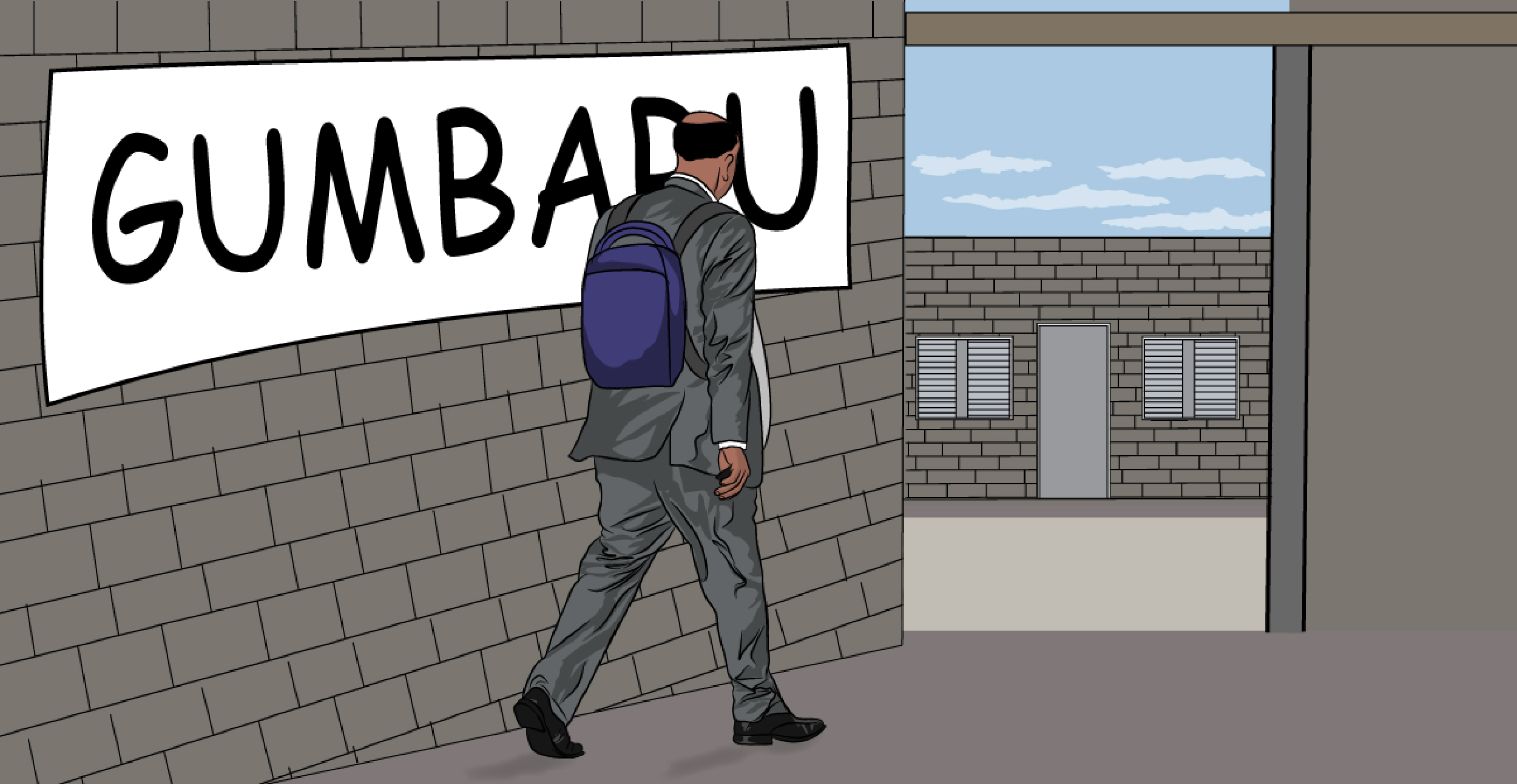
To circumvent the problem of diminished capacity which is rather heuristically associated with the lack of ‘going to campus’, capacity support and enhancement programmes and facilities (some of these have been on going) can be availed for legislators in order to plug in the knowledge and skills gap. At a practical level, complex reports, plans and budgets can be simplified and made accessible not only to legislators but to all Kenyans.
Additional personnel in terms of research and legal assistants attached to each legislator (or a pool) can be invested to ensure that the capacity of each legislator is enhanced. Such measures can be used to skirt around this rather discriminative and divisive degree requirement. After all, the CoK 2010 demands and mandates the state to facilitate (emphasis mine) the enjoyment of rights for every Kenyan.
The Right To Run For Office
Finally, it must be remembered that vying to be a mheshimiwa is a political right secured under the CoK 2010 (Article 38). As has been shown above, less than four per cent (4%) of Kenyans have university degrees. This number is not expected to exponentially rise in the near future, considering the rising cost of university education.
Two things – the constitution describes Kenya’s legislative organs as institutions of representation. If only graduates are allowed to be legislators, this frowns upon this principle function because substantively and proportionally, graduates represent a minority. Secondly, a systemic encumbrance cannot justifiably be used to limit the enjoyment of a constitutionally secured right. Many Kenyans aspire to hold a university degree but are prevented by social-cultural (gender, disability), economic (poverty and cost of university education) and political (skewed distribution of schools, teachers, learning equipment) factors.
In The Final Analysis
Capacity and ability and not a degree should be the focus, and if a degree be a must (like in Nigeria which qualifies its required education requirement with the phrase – “or its equivalent”), Section 22 of the Elections Act 2010 can be amended to accommodate a broader appreciation of education, focus being the demonstration of ability to effectively perform the functions of an elective office, degree or no degree. Ultimately, if a degree is a must for the enjoyment of political rights, then facilitation should be made for all Kenyans and university education should be made free for all!
Bobby Mkangi is a Kenyan lawyer and was a member of the Committee of Experts (CoE) on Constitutional Review.



